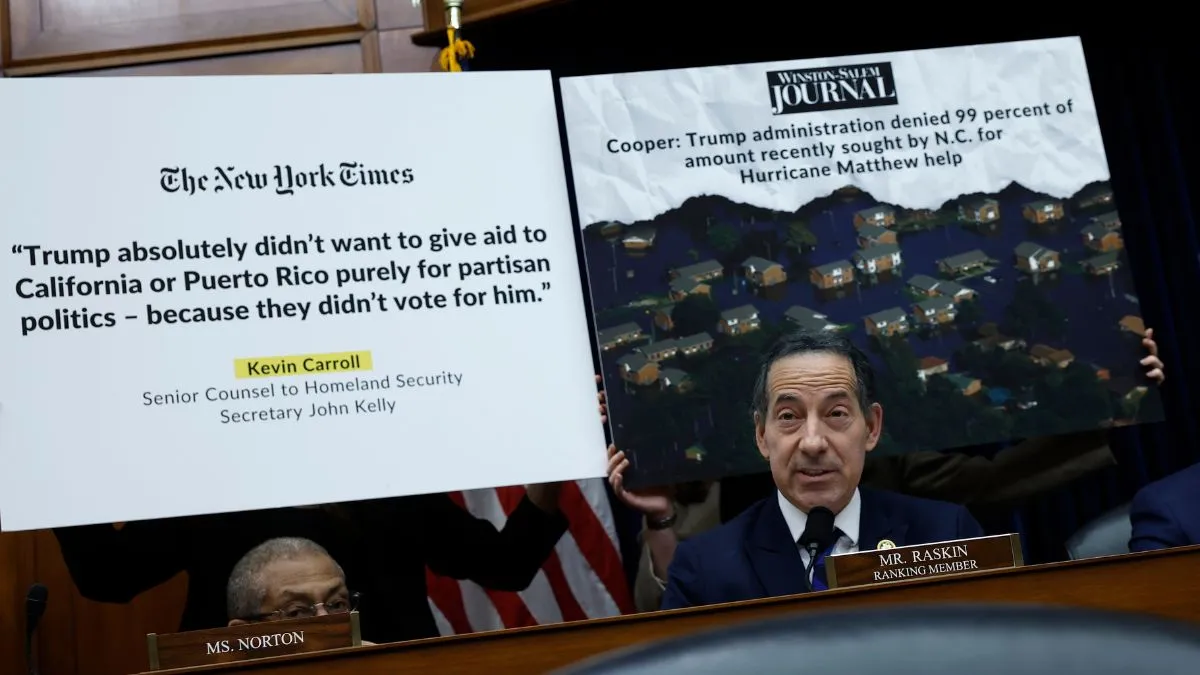EU foreign policy chief Josep Borrell subsequently published the statement — which says “credible reports from domestic and international observers indicate that the elections were marred by numerous flaws and irregularities” — in his own name.
Realizing that Hungary would likely remain intransigent, Borrell issued a follow-up statement in his name on Tuesday instead of seeking backing from the EU’s 27 member countries.
“The data that the [Venezuelan] opposition has made available to the public offers a radically different result from the one announced” by the country’s authorities, Borrell’s second statement said.
“Until voting records are made public and are verified, the election results as already declared cannot be recognised.”
Hungary’s veto underlines a fundamental flaw in EU foreign policy whereby decisions — including potential future sanctions on Venezuela — must be unanimously agreed among the bloc’s 27 member countries. This has led several countries, such as Germany, to advocate taking foreign policy decisions by a qualified majority.
The Hungarian government couldn’t be immediately reached for a comment on the motivation for its veto.







